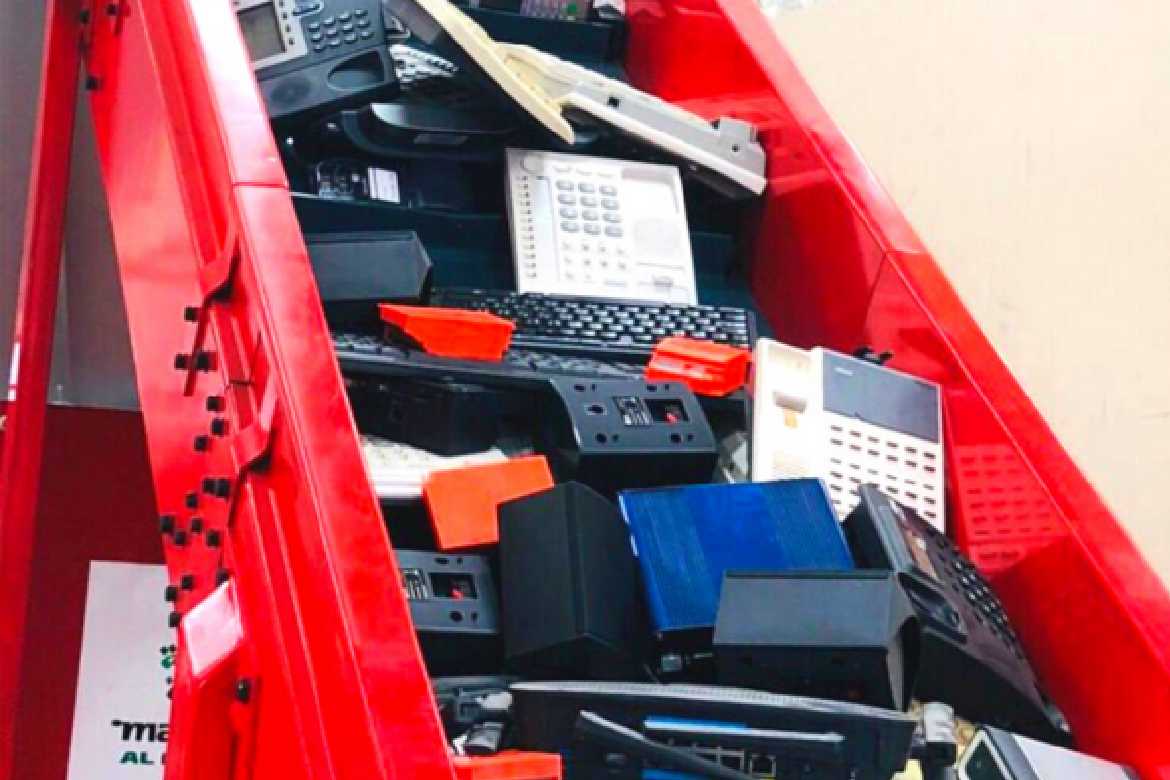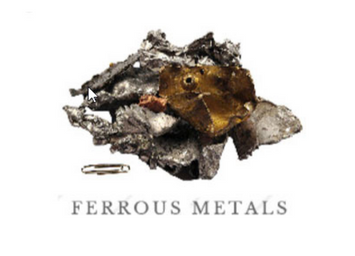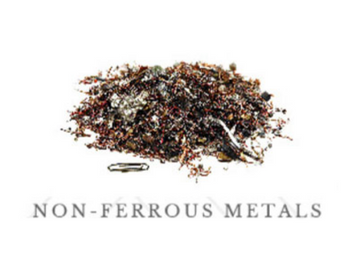
E-WASTE RECYCLING
Waste Electrical and Electronic Equipment, also called WEEE is commonly known as e scrap or e waste, is a highly varied stream of hazardous waste. It is the trash we generate from surplus, broken, and obsolete electrical and electronic devices. This waste stream is comprised of any electrical and electronics or electronic items that a consumer or business intends to dispose of or is no longer useful for its original purpose.
Madenat has the answer to your question, we are your one-stop solution for redundant IT equipment, ensuring that such material is certifiably recycled, with materials recovered and value maximized. We provide safe and secure electronic waste disposal, recycling service for industries throughout the UAE, Asia & Africa. We collect and manage end of life equipment in a responsible manner, which strictly adheres to Dubai Municipality regulations as well as international standards. With our R2 (Responsible Recycling) certification, one can be assured that our recycling processes are following the highest standards of e waste recycling which protects their information while protecting the environment.
It’s a fact of life that all computers and other electrical and electronic devices sooner or later become obsolete. But it’s a fact of business that Madenat Al Nokhba recycling offers the most comprehensive and secured recycling solution for unwanted computers and other electronic products. Through our state-of-the-art electronics recycling facility, Madenat Al Nokhba recycling can handle your recycling needs.
Our Zero-landfill policy is at the heart of all the services we provide and we thrive to achieve environmental excellence in our recycling services by constantly seeking to investigate and provide improved and latest solutions to our clients.







